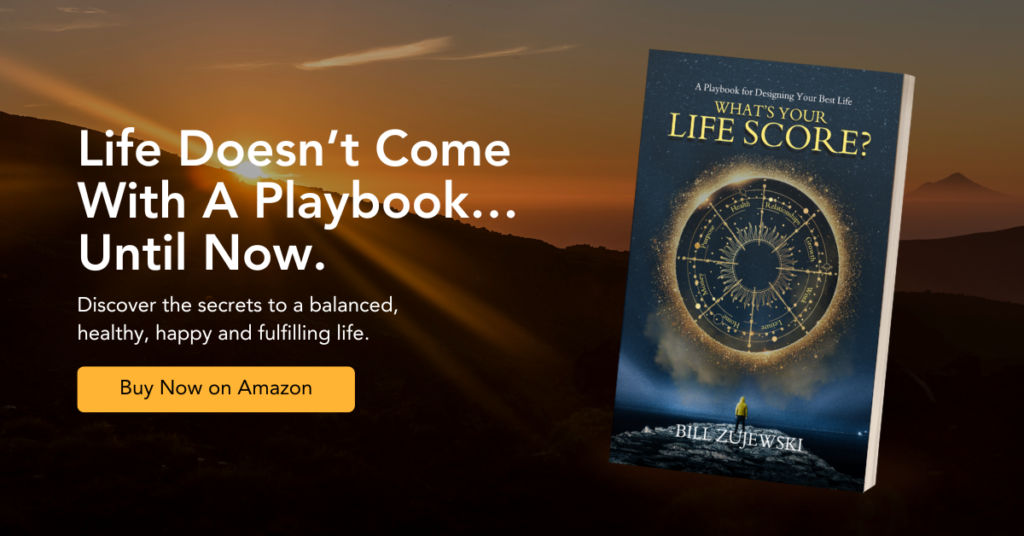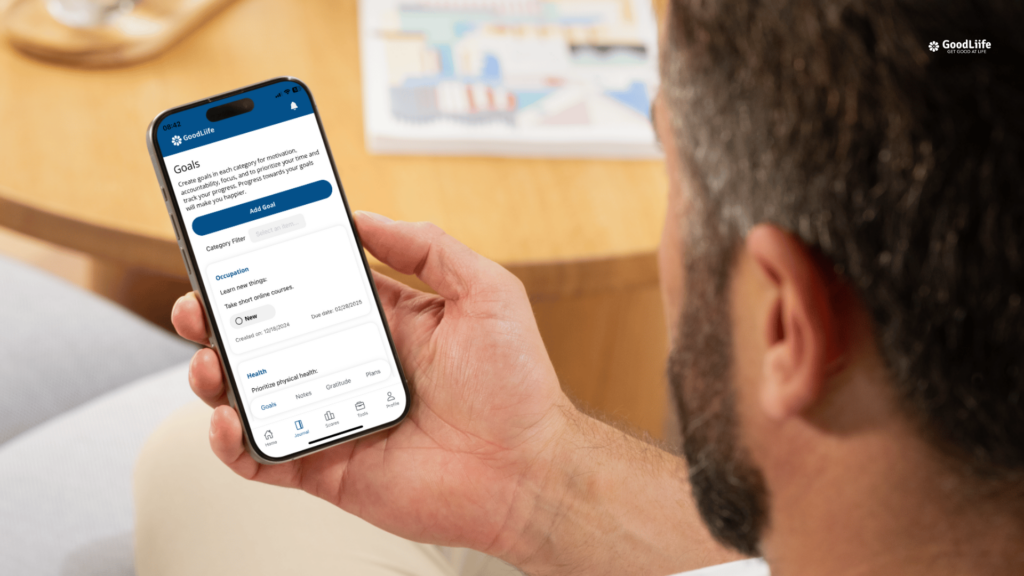Mentorship is one of the most powerful tools for personal and professional growth. Whether you’re looking to advance your career, grow in a new industry, or improve your life skills, finding a mentor who can guide, advise, and encourage you along the way can make all the difference. A good mentor can provide you with the insights, feedback, and connections you need to succeed. However, the challenge often lies in identifying the right mentor and establishing a meaningful connection. In this article, we will explore five actionable steps to help you find a mentor who aligns with your goals and aspirations.
Step 1: Understand What You Need in a Mentor
Before you begin the search for a mentor, it’s crucial to understand what you need. The first step is to ask yourself some questions:
- What are my personal and professional goals?
- What areas do I need guidance in (career development, personal growth, work-life balance)?
- What qualities do I want in a mentor (experience, communication style, shared values)?
Knowing these details will help you focus your search and ensure that the mentor you choose is someone who will be able to help you in the areas that matter most. Research has shown that setting clear expectations from the outset is one of the most important aspects of a successful mentorship relationship. A study by the International Journal of Evidence Based Coaching and Mentoring revealed that mentees with clearly defined goals and objectives tend to have more fulfilling and productive mentoring experiences.
Step 2: Identify Potential Mentors
Once you have a clearer picture of what you need, it’s time to identify potential mentors. There are several ways to go about this:
- Leverage your current network: Start by looking at people you already know—coworkers, colleagues, former professors, or industry leaders you’ve encountered at networking events. Ask for introductions and seek advice.
- Use platforms like LinkedIn: LinkedIn is an excellent resource for identifying potential mentors. You can search for people based on their experience, industry, or expertise. A quick search for someone in your field will give you a list of candidates who might be open to mentoring.
- Attend industry events and seminars: Conferences, seminars, and workshops are great places to meet people who could potentially become your mentor. Be proactive about networking and approach individuals whose work you admire or who have experience in the areas you’re interested in.
For example, Ariana Huffington, founder of Thrive Global, speaks often about how she sought mentors early in her career. She connected with people who had similar values and an understanding of the challenges she faced, and this contributed to her success.
Step 3: Reach Out with Purpose
Once you’ve identified someone who could be a good fit as a mentor, it’s time to reach out. Craft a message that is clear, respectful, and specific about why you’re reaching out to them. Here’s a basic framework for reaching out:
- Introduce yourself: Briefly explain who you are and your background.
- Be specific about what you need help with: Let them know why you’re interested in their guidance, referencing specific aspects of their career or expertise that you admire.
- Explain how their mentorship could benefit you: Share how their guidance could help you achieve your goals and what you hope to learn from them.
- Be considerate of their time: Acknowledge that you understand they have a busy schedule and that you would appreciate any time or advice they can offer.
An example outreach message could look like this:
“Hi [Name], my name is [Your Name], and I’m currently working as [Your Role] in [Your Industry]. I admire your work in [specific achievement or project] and am particularly interested in learning more about [specific topic]. I’d love to connect and explore the possibility of mentorship, as I believe your insights could be invaluable to my growth in this area. I understand that your time is valuable, and I’d appreciate any guidance you can offer.”

Step 4: Foster the Relationship
If your initial outreach is successful, the next step is to foster the relationship. Building a mentorship is not just about asking for advice every once in a while—it’s about creating a long-term, mutually beneficial relationship. Here are some ways to foster the mentorship:
- Respect their time: Mentors are often busy, so it’s essential to respect their time by being organized and punctual for meetings. Come prepared with questions or updates on your progress.
- Be proactive: Take the initiative in your mentorship relationship. Don’t wait for your mentor to reach out; check in regularly, keep them updated on your progress, and ask for advice when needed.
- Be open to feedback: Constructive criticism is a vital part of mentorship. Be open to feedback, and don’t take it personally—use it to improve yourself.
A great example of fostering mentorship is Oprah Winfrey and her relationship with Dr. Maya Angelou. Oprah often spoke about how she sought out Dr. Angelou for advice and learned to take ownership of her decisions, a lesson that profoundly shaped Oprah’s career.
Step 5: Give Back and Pay It Forward
A successful mentorship relationship should eventually evolve into a two-way relationship. While a mentor provides advice and guidance, it’s also important that you offer something in return. Whether it’s offering assistance with a project, sharing knowledge in a different area, or simply showing gratitude, giving back to your mentor can deepen the relationship.
Additionally, as you progress in your career or life, consider paying it forward by becoming a mentor to someone else. This creates a cycle of learning and growth, benefiting both you and those who are just starting out.
How the GoodLiife Score App Can Support Your Mentorship Journey

As you embark on your journey to find a mentor and work toward your goals, the GoodLiife Score App can be a valuable tool in tracking your progress and maintaining a balanced approach. The app’s self-diagnostics and ZenScore™ can help you assess where you stand in different areas of your life, such as emotional well-being, career satisfaction, and personal growth.
By identifying your strengths and areas of improvement, the GoodLiife Score App can provide insight into what you might need from a mentor, ensuring that you make the best choice. Additionally, its goal-setting features can help you establish clear objectives and stay accountable as you work with your mentor to achieve them.
The GoodLiife Score App allows you to track your progress in real-time and make adjustments to your goals as you evolve. This tool aligns with the steps of mentorship by giving you the insight you need to have more focused and meaningful conversations with your mentor. Whether it’s refining your career goals, balancing work and life, or improving your mental well-being, the app supports your growth in every aspect.
Conclusion
Finding the right mentor can be a game-changer for your personal and professional growth. By understanding your needs, identifying potential mentors, reaching out with purpose, fostering the relationship, and giving back, you set the stage for a fruitful mentorship journey. And with tools like the GoodLiife Score App, you can track your progress, stay accountable, and continue refining your goals, ensuring that your mentorship experience is as impactful as possible.
Learn more about the GoodLiife Score App here or download from the App Store.

Leave a Reply